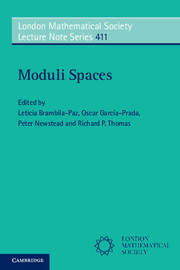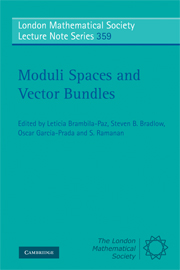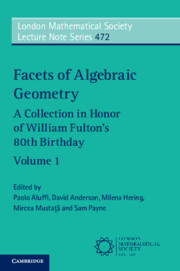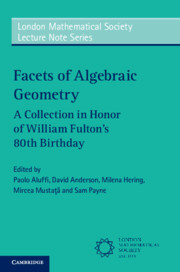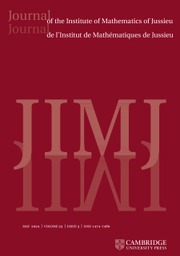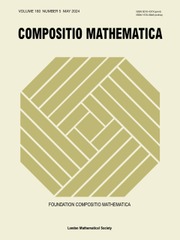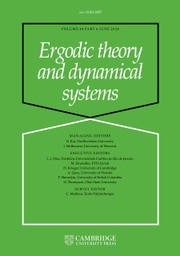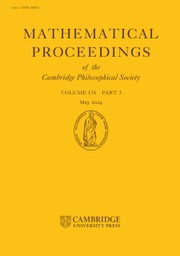Moduli Spaces
Moduli theory is the study of how objects, typically in algebraic geometry but sometimes in other areas of mathematics, vary in families and is fundamental to an understanding of the objects themselves. First formalised in the 1960s, it represents a significant topic of modern mathematical research with strong connections to many areas of mathematics (including geometry, topology and number theory) and other disciplines such as theoretical physics. This book, which arose from a programme at the Isaac Newton Institute in Cambridge, is an ideal way for graduate students and more experienced researchers to become acquainted with the wealth of ideas and problems in moduli theory and related areas. The reader will find articles on both fundamental material and cutting-edge research topics, such as: algebraic stacks; BPS states and the P = W conjecture; stability conditions; derived differential geometry; and counting curves in algebraic varieties, all written by leading experts.
- A volume designed to introduce those at the graduate level and above to some of the main ideas and problems in moduli theory
- Contains lecture notes on both foundational material and cutting-edge research topics
- Each chapter is written by leading researchers
Product details
April 2014Paperback
9781107636385
346 pages
226 × 152 × 18 mm
0.55kg
Available
Table of Contents
- Preface
- 1. Introduction to algebraic stacks K. Behrend
- 2. BPS states and the P = W conjecture W. Y. Chuang, D.-E. Diaconescu and G. Pan
- 3. Representations of surface groups and Higgs bundles P. B. Gothen
- 4. Introduction to stability conditions D. Huybrechts
- 5. An introduction to d-manifolds and derived differential geometry D. Joyce
- 6. 13/2 ways of counting curves R. Pandharipande and R. P. Thomas.

